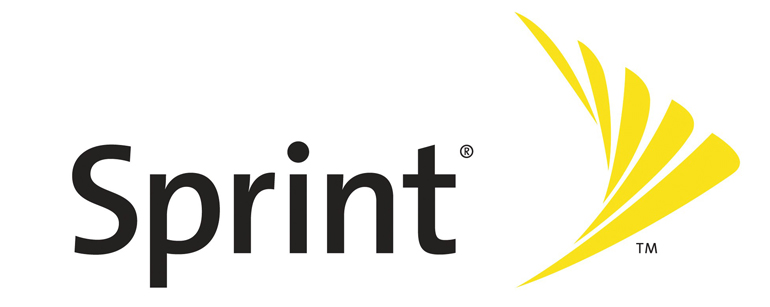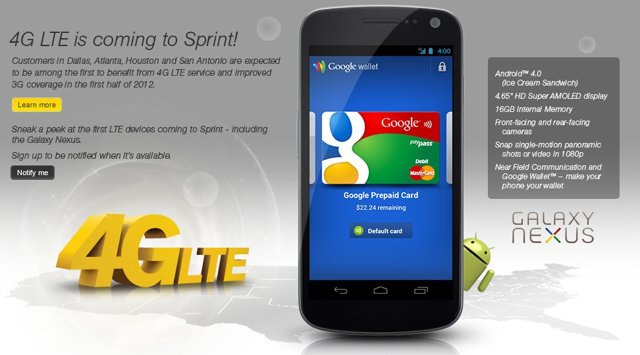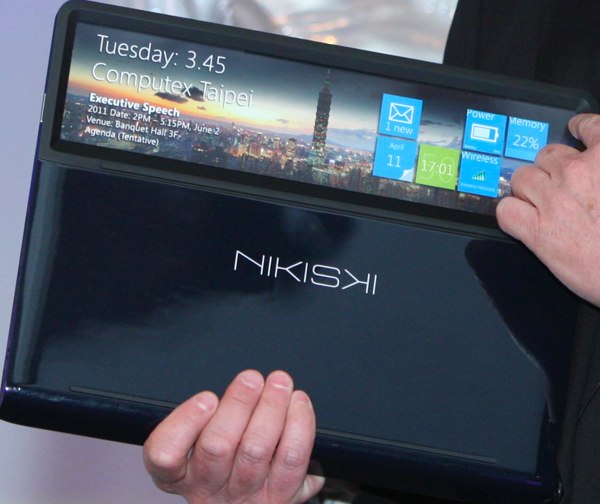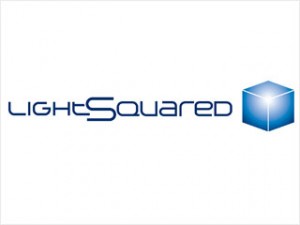Sprint, the third largest wireless carrier in the United States, has signed on as the newest sponsor of Up Global, the organization formed when Startup America and Startup Weekend joined forces last month.
When Startup America was originally formed, it was decided by chairman Steve Case and the other entities involved that they were going to see what kind of disruption and innovation they could shake up across the country in three years. As the organization began to approach that third year, they wanted to continue to impact the Startup America regions and push further.
That’s why on May 22nd it was announced that the two organizations would merge. Startup Weekend is the organization that promotes and ignites innovation, startups, and entrepreneurship through 54 hour hackathon-style events. To date Startup Weekend has done over 600 events in over 300 cities and over 100 countries.
Startup Weekend has now branched out a bit. They are the organization behind the weekly Startup Digest, a curated list of startup events in cities across the country typically curated by the local startup community leaders. Over the last two years they’ve also started doing vertical oriented Startup Weekend events like Startup Weekend EDU and a maker’s edition of Startup Weekend. With all of the various touchpoints for Startup Weekend, they were a natural partner for Startup America and had already collaborated with Startup America for Startup Weekend Next.
Startup Weekend, Startup America, and now Up Global have been attracting some of America’s largest corporations as sponsors for their entrepreneurial efforts. Current Up Global partners include Coca Cola, Google, Microsoft, Dell, The Case Foundation, and The Kauffman Foundation.
On Monday it was announced that Sprint, the Overland Park, KS-based wireless carrier, was signing on as Up Global’s latest sponsor. Sprint is no stranger to innovation. They were the first wireless carrier to host a developer conference, they’ve supported local startup initiatives in the Midwest, and keep open channels for developers and startups looking to utilize their network and devices for their software and companies.
“The move to team with Sprint is a result of a shared vision for the necessity of entrepreneurship and stronger communities built around innovation. Like us, Sprint understands that the future of our economy rests largely on the shoulders of entrepreneurs and new businesses. We’re excited to create more meaningful impact with the support of such a forward-thinking company,” Marc Nager, UP Global CEO, said in a statement.
“Sprint recognizes that corporate involvement is important to the success of any entrepreneurial or startup ecosystem,” said Kevin McGinnis, Vice President of Product Platforms at Sprint. “Our UP Global relationship enables Sprint to bring new resources to Kansas City and also extend support on a national scale. In addition, it allows Sprint visibility to high-growth technology startups across the country that we may not be able to identify through our more traditional VC and business development efforts.”
You can find out more and join Up Global here at up.co










